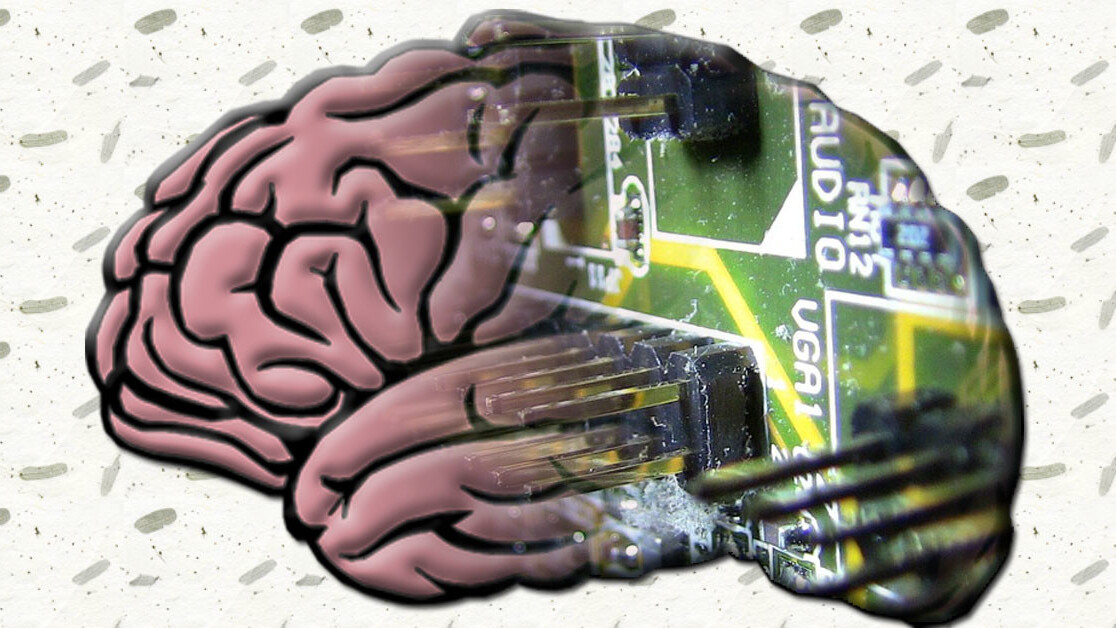
The human brain is often described as a powerful computer, a metaphor that leads many experts to fear AI could one day become sentient. But what if developers seeking to create machines that think are barking up the wrong tree?
Our minds, according to some, are actually quantum computers. And, if that’s true, today’s deep learning techniques will never lead to general artificial intelligence (the singularity) without a serious hardware upgrade.
All of the most advanced classical supercomputers on the planet combined won’t hold a candle to the 100 qubit quantum sytems that are on the way. Google is confident it’ll reach quantum supremacy by the end of the year, which represents a watershed moment in the field. Rivals like
In light of these recent quantum computing breakthroughs, and the imminent arrival of functional quantum systems, we have to wonder if the old comparisons between classical computers and the human brain still hold water.
After all, quantum theory gives us a convenient (albeit controversial) explanation for consciousness: the universe is weird.
It’s actually a bit more scientific than that. Sir Roger Penrose, the co-author on Stephen Hawking’s famous black hole paper, believes that human consciousness is a direct result of quantum physics occurring in tiny microtubules inside of our brain’s neurons.
The theory basically boils down to the unpredictability of consciousness. Chances are, no two people experience it the same way. Given a near-infinite number of choices it’s virtually impossible to predict what any random person will do. We simply do not have the computing power to accurately imitate the billions of processes that occur in the human mind.
Quantum theory, as a concept, steps in with all the answers. When there’s too many variables for classical computations and traditional mathematics to cope with, quantum theory is a siren song luring us toward easy answers that none of us really understand.
Well, most of us don’t anyway, we can assume Penrose does. But, we also have to assume the late Stephen Hawking did too and, according to reports, he didn’t agree with the theory that consciousness was the direct result of quantum mechanics.
We may not understand where consciousness comes from yet, but perhaps the ability to simulate the deep neuronal connections within the human brain at scale will unveil the mysteries of our minds.
And if we’re ever able to truly understand ourselves, it should then be a cinch to create the sentient robots that will probably rise up and destroy us all, or grant us immortality — maybe both at the same time if you toss in quantum mechanics.
Get the TNW newsletter
Get the most important tech news in your inbox each week.




